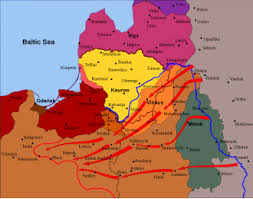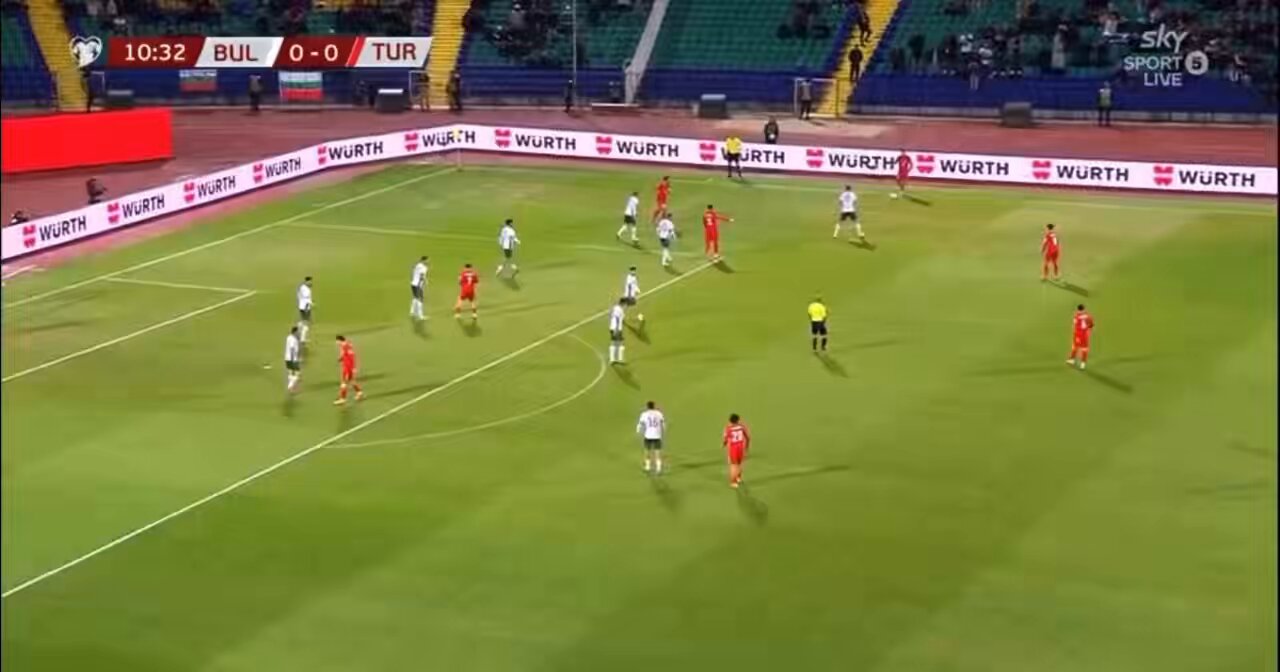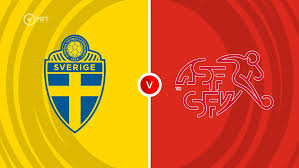Introduction
The relationship between Lithuania and Poland is one steeped in history and has been shaped by a myriad of social, political, and economic factors. As two neighboring countries in Eastern Europe, their paths have intertwined for centuries, influencing one another profoundly. Understanding the dynamics between Lithuania and Poland is vital for grasping the complexities of the region’s history, especially considering the recent geopolitical shifts in Eastern Europe.
Historical Context
Historically, the Grand Duchy of Lithuania and the Kingdom of Poland formed a significant political alliance with the Union of Lublin in 1569, creating the Polish-Lithuanian Commonwealth. This alliance fostered a unique cultural fusion that shaped both nations for centuries. However, the Commonwealth eventually faced partitions in the late 18th century, resulting in Lithuania and Poland losing their independence for over a century. The re-establishment of independence following World War I and the tumultuous interwar period set the stage for a complicated relationship, influenced by feelings of nationalism and territorial disputes.
Modern Relations
Today, Lithuania and Poland are both members of the European Union and NATO, promoting cooperation in security, economic development, and cultural exchange. However, lingering historical grievances and minority rights issues occasionally spark tensions. The Polish minority in Lithuania has raised concerns over educational and linguistic rights, while Lithuanian officials have expressed concerns regarding Poland’s treatment of its Lithuanian minority. These issues highlight the delicate balance both nations strive to maintain in their bilateral relations.
Recent Developments
As of 2023, the geopolitical landscape has significantly changed, particularly due to the ongoing conflict in Ukraine. Both Lithuania and Poland have emerged as critical allies in supporting Ukraine against Russian aggression. This shared stance has fostered a newfound solidarity between the two nations, bolstering their defense capabilities and diplomatic efforts in the region. Recent joint military exercises and collaborative efforts in cybersecurity are just a few instances of their deepening partnership.
Conclusion
In conclusion, the relationship between Lithuania and Poland is a reflection of both shared history and contemporary challenges. While historical grievances occasionally surface, the forward-looking cooperation in regional security and economic endeavors indicates a promising path ahead. As both nations navigate the complexities of their past and present, their commitment to mutual support within the EU framework suggests that their partnership will continue to strengthen in today’s changing geopolitical landscape.


